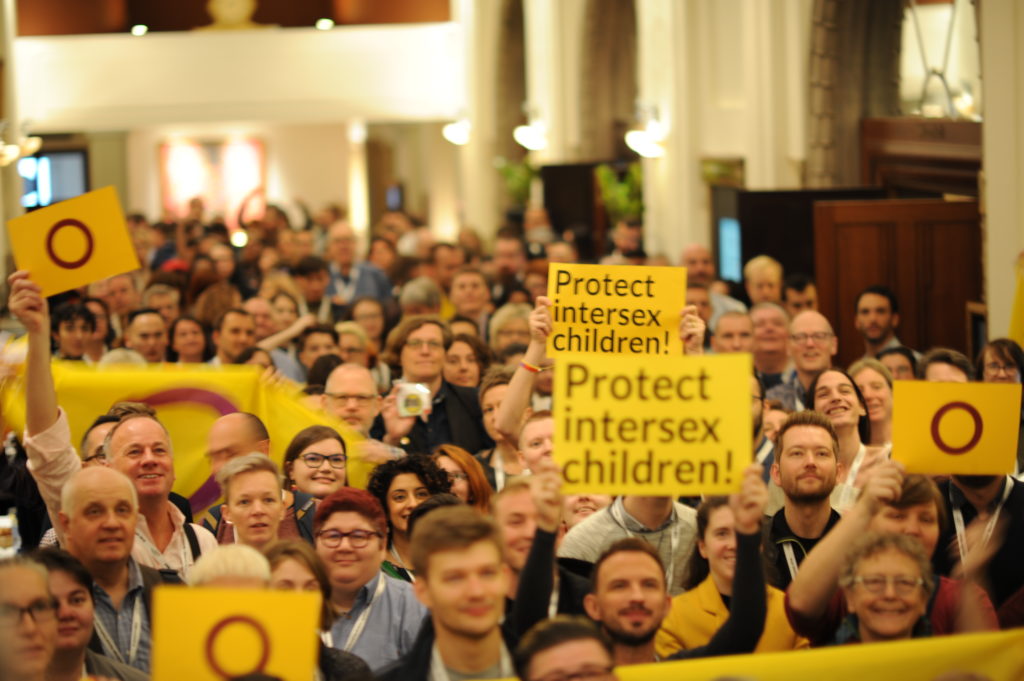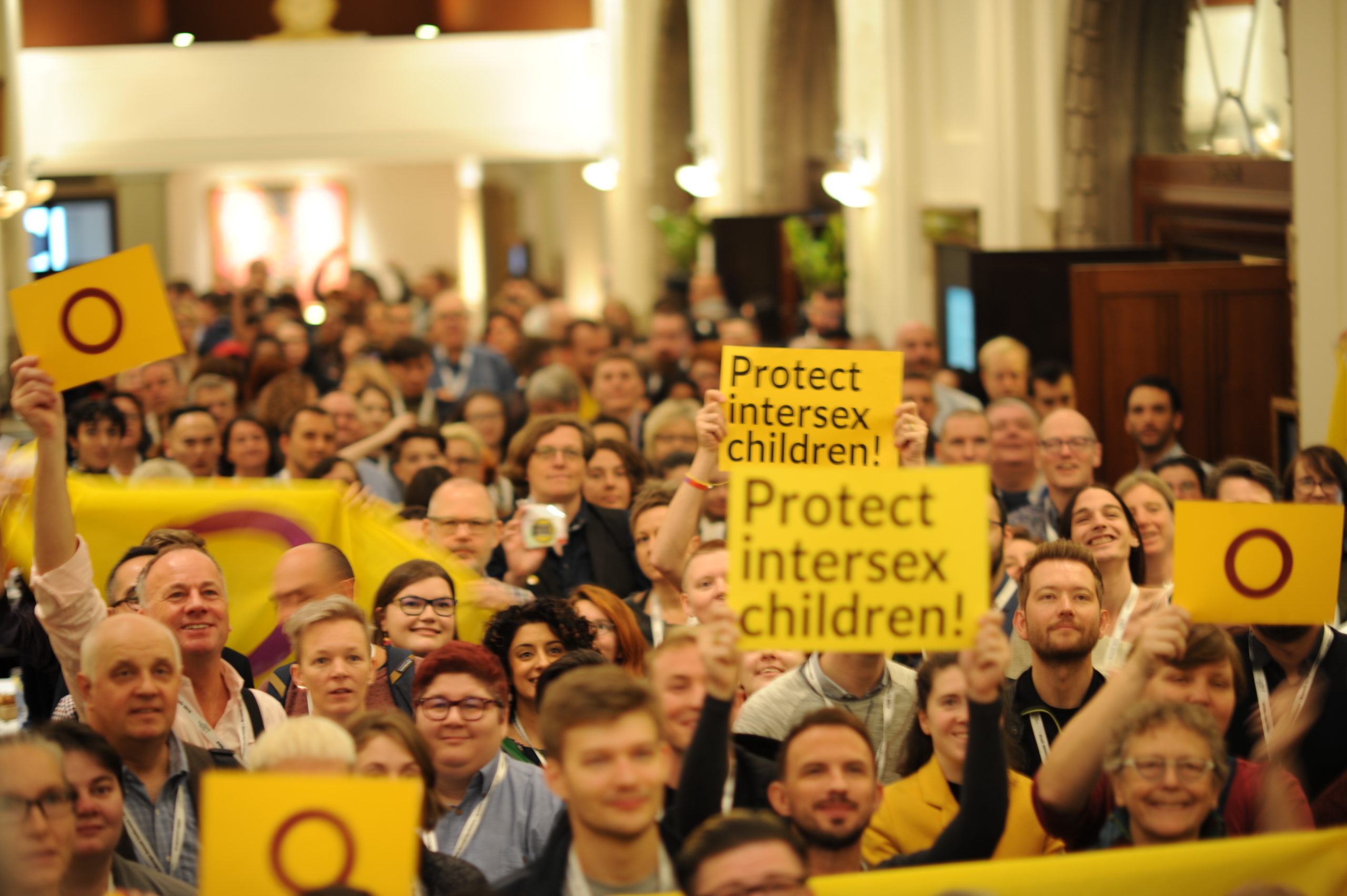OII Europe Press Release July 16, 2020
In July 2020, the Albanian Ministry of Health released a “Medical Protocol for the Assessment of Children with Atypical Genital Development” (“Protokoll Mjekësorpër Vlerësimin E Fëmijëveme Zhvillim Gjenital Atipik”) as binding guidelines and a practical guide for health professionals. Unfortunately, despite some positive aspects, it fails in fully embracing the intersex human rights standards that the European Intersex Community, international Human Rights bodies and Council of Europe bodies have established in the past decade.
“The protocol suffers from many weaknesses that should be fixed” – says Dan Christian Ghattas, Executive Director of OII Europe. “Non-vital interventions are still considered as a possibility, including interventions that can be safely deferred or are purely cosmetic, like e.g. gonadectomy, reduction of clitoris, hysterectomy and removal of internal gonads. This is showing a bias and attitute towards medicalizing and hence pathologizing intersex bodies and is the opposite of a true human rights based approach.”
“We can also see some positive points in the recommendations provided”, adds Irene Kuzemko, Secretary of OII Europe, “e.g. telling the truth to the intersex child about their body; respecting the dignity of the person especially when carrying out medical examination; tackling stigma and discrimination; giving due weight to the (future) sexual well-being of the child. These are all positive aspects that should be stressed further and need to be the baseline of any implementation.”
“When it comes to the implementation we are worried that some of the contradictions in this document will cause obstacles in protecting intersex children’s right to self-determination”, comments Kristian Ranđelović, Steering Board Member of OII Europe: “On the one hand the document acknowledges that the intersex child might chose a gender identity different from the assigned one and that an intact body will allow them to take their own decisions later in life, on the other hand it states that ‘it is advisable to consider surgery during infancy’. The document acknowledges a risk in parents wanting to make the child conform with societal norms, but then again the power of medical personnel in deciding which intervention is ‘medically necessary’ is not addressed. This power has been recognized by human rights bodies as one reason for harmful medical practices. The guidelines also promote multidisciplinary teams led by a medical professional, but without the involvement of human rights experts.”
This is why we at OII Europe, though acknowledging positive aspects, state that Albania missed the opportunity to clearly protect intersex children’s health and bodily autonomy. Respecting the primacy of the child’s self-determination would have brought better results. Moreover, we are convinced that more precise media coverage would help in better communicating such delicate – and often misinterpreted – human rights issues.
* * * END * * *

“ILGA-Europe Annual Conference 2018, group photo to mark Intersex Awareness Day”


